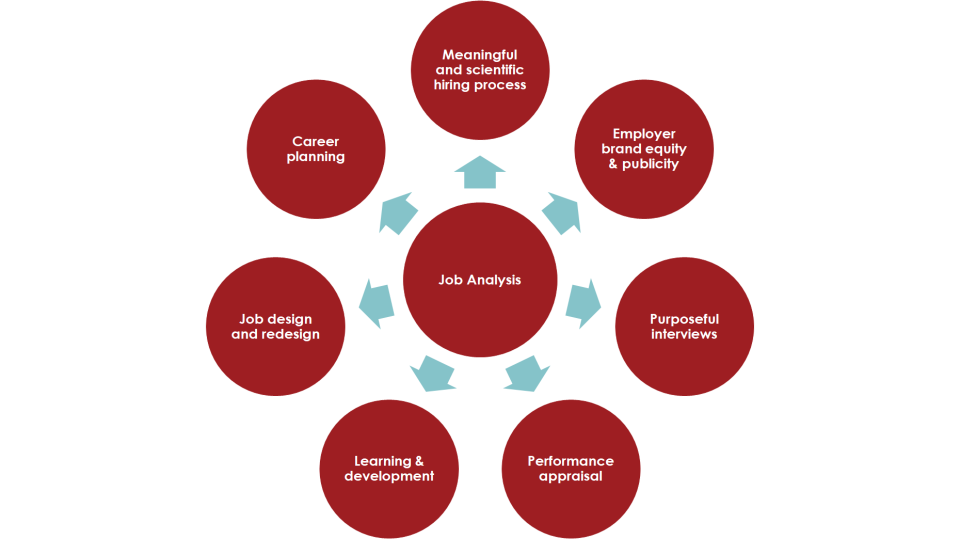Job Analyses in Vocational Rehabilitation: Paving the Way

Vocational rehabilitation aims to empower individuals with disabilities or barriers to employment by providing them with the necessary skills, support, and resources to succeed in the workforce. Within this realm, job analyses play a crucial role in helping individuals achieve successful employment outcomes. In this blog, we will explore the importance of job analyses in vocational rehabilitation, highlighting how they contribute to informed career planning, skills development, job matching, and overall vocational success.
-
Informed Career Planning: Job analyses provide valuable insights into the essential functions, tasks, and requirements of various job roles. By conducting thorough analyses, vocational rehabilitation professionals can accurately assess the knowledge, skills, and abilities needed for different occupations. This information enables them to guide individuals in making informed career choices based on their interests, strengths, and functional capacities. Job analyses help align individuals' career aspirations with realistic job options, setting them on a path towards meaningful and sustainable employment.
-
Skills Development and Training: Job analyses serve as a foundation for skills development and training in vocational rehabilitation. By analyzing the specific tasks and competencies associated with different occupations, vocational rehabilitation professionals can identify the skills gaps individuals may have and design targeted training programs. Job analyses ensure that the training provided aligns with the demands of the chosen occupation, equipping individuals with the necessary skills to perform job tasks effectively. This tailored approach to skills development enhances individuals' employability and confidence in their ability to succeed in their chosen field.
-
Job Matching and Placement: One of the key goals of vocational rehabilitation is to facilitate successful job matching and placement. Job analyses provide a comprehensive understanding of the job requirements, including physical, cognitive, and interpersonal aspects. Vocational rehabilitation professionals can use this information to match individuals' abilities, skills, and interests with suitable job opportunities. Job analyses ensure that the job placement is a good fit for individuals, promoting job satisfaction, productivity, and long-term retention. Matching individuals with jobs that align with their capabilities and aspirations increases the likelihood of successful employment outcomes.
-
Accommodations and Workplace Modifications: Job analyses also play a critical role in identifying necessary accommodations and workplace modifications. Individuals with disabilities or functional limitations may require specific adjustments in their work environment to perform job tasks effectively. By conducting job analyses, vocational rehabilitation professionals can identify potential barriers or challenges individuals may face and develop strategies to address them. Job analyses help ensure that appropriate accommodations and modifications are implemented, promoting equal opportunities, inclusivity, and accessibility in the workplace.
-
Employer Education and Collaboration: Job analyses facilitate employer education and collaboration in vocational rehabilitation. By sharing the results of job analyses with employers, vocational rehabilitation professionals can help employers gain a deeper understanding of the capabilities, skills, and potential contributions of individuals with disabilities. Job analyses can help dispel misconceptions, address concerns, and foster supportive and inclusive work environments. Employer collaboration based on job analyses promotes successful workplace integration, reduces stigma, and fosters a diverse and inclusive workforce.
Job analyses are essential in vocational rehabilitation as they provide a solid foundation for informed career planning, skills development, job matching, accommodations, and employer collaboration. By conducting thorough job analyses, vocational rehabilitation professionals can better understand the requirements of various occupations, guide individuals in making realistic career choices, and provide tailored training programs. Job analyses ensure a better fit between individuals and job opportunities, leading to increased job satisfaction, productivity, and long-term success. Embracing the importance of job analyses in vocational rehabilitation empowers individuals with disabilities or barriers to employment to overcome obstacles, unlock their potential, and thrive in the workforce.
